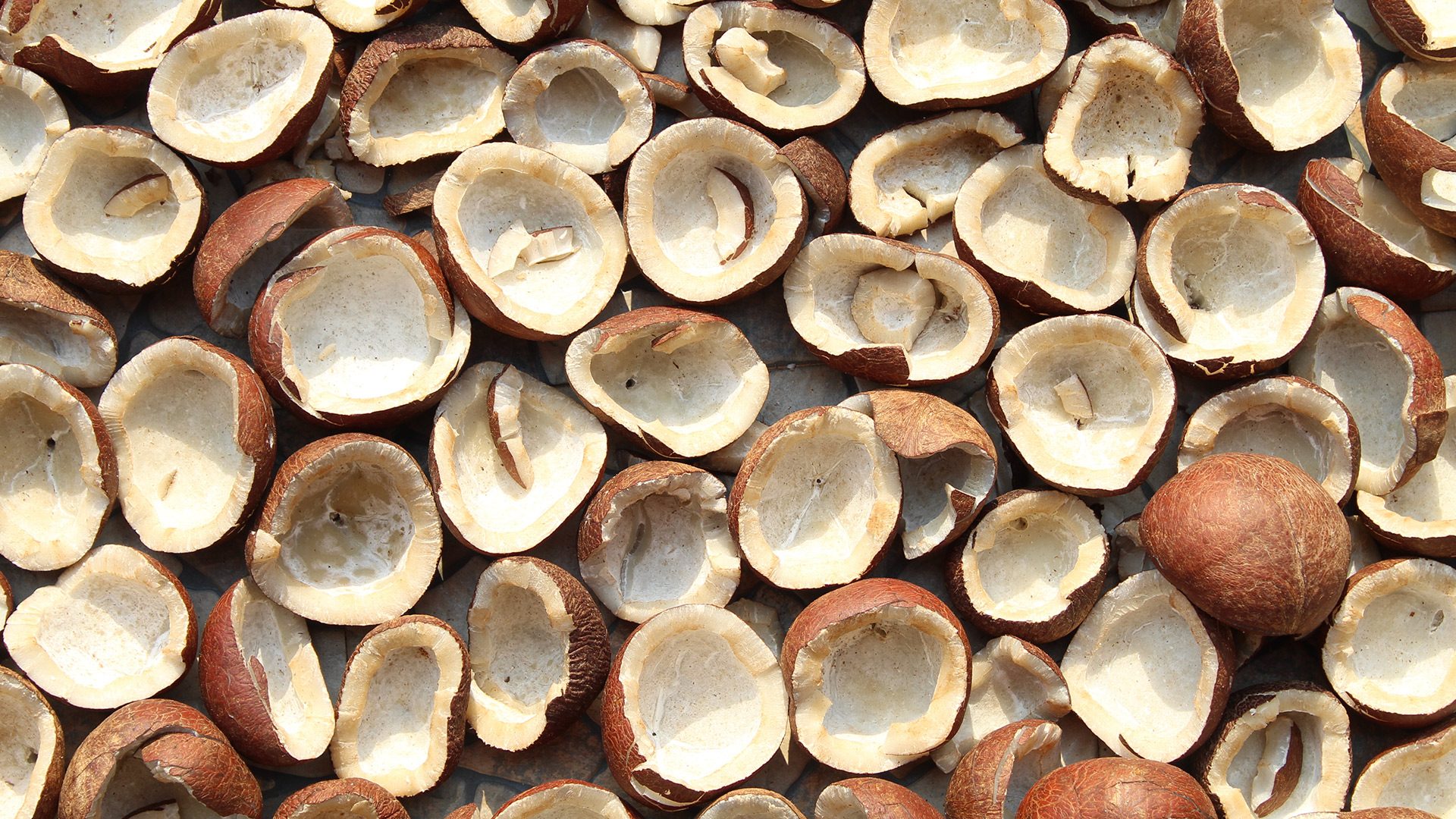
Upgrade to High-Speed Internet for only ₱1499/month!
Enjoy up to 100 Mbps fiber broadband, perfect for browsing, streaming, and gaming.
Visit Suniway.ph to learn
Already have Rappler+?
to listen to groundbreaking journalism.
This is AI generated summarization, which may have errors. For context, always refer to the full article.

'The fact remains that our products will still become 17% more expensive to the American consumer who can then decide to stop buying our products and shift to cheaper substitutes,' former agriculture chief Leonardo Montemayor says
MANILA, Philippines – Agricultural groups warned of the negative impacts on Filipino farmers of US President Donald Trump’s 10% baseline tariff policy across countries.
The Trump administration slapped 17% tariffs on Philippine products entering the US market which has worried the Federation of Free Farmers (FFF) and the Magsasaka Partylist group.
Even with though the Philippines was slapped with lower tariff rates than neighboring countries, prices will still rise across the board in the US.
“[T]he fact remains that our products will still become 17% more expensive to the American consumer who can then decide to stop buying our products and shift to cheaper substitutes,” said Leonardo Montemayor, FFF chairman and former agriculture chief, on Saturday, April 5.
Earlier, Department of Agriculture (DA) Secretary Francisco Tiu Laurel Jr. said the new tariff policy may be a silver lining to Philippine agricultural exporters as competitors struggle with higher tariffs compared to what the Philippines got.
Moreover, as the US raises tariffs, exporting countries will possibly be looking for new markets. This could mean more products entering the Philippines and competing with local produce, the FFF cautioned.
“Even US producers who are hit by retaliatory tariffs by their traditional trading partners will try to look for alternative markets and could end up selling their excess supply to us at very low prices. In the end, it might be our own farmers who will bear the brunt of the Trump tariffs,” said Montemayor.
In 2024, the Philippines’ total agricultural exports amounted to P2.17 billion. Top exports are animal and vegetable oils, fruits and nuts, tobacco, and seafood.
Another group, Sinag, said on Sunday, April 6, the impact of Trump’s tariffs “remains to be seen” but noted that the Philippines is not a major export player.
The group also pointed out the US’ push to encourage domestic industries, in contrast to the the Philippine government’s move to import rice when prices spike.
“Here in the Philippines, it’s the opposite. At first instance of inflation, our economic managers go the import route and tariff reduction,” said Jayson Cainglet, Sinag executive director, in a mix of Filipino and English.
Sinag had been pushing to restore higher rice tariffs at the Tariff Commission, saying the reduction last year did not result to lower prices.
Tiu Laurel previously said that the DA will have to review the policy’s effect per commodity.
Tariffs are taxes on imported goods. Higher tariffs can discourage the entry of goods from other countries. These could also drive prices higher, which will eventually be carried by consumers.
– Rappler.com
How does this make you feel?
Loading


 3 weeks ago
13
3 weeks ago
13





